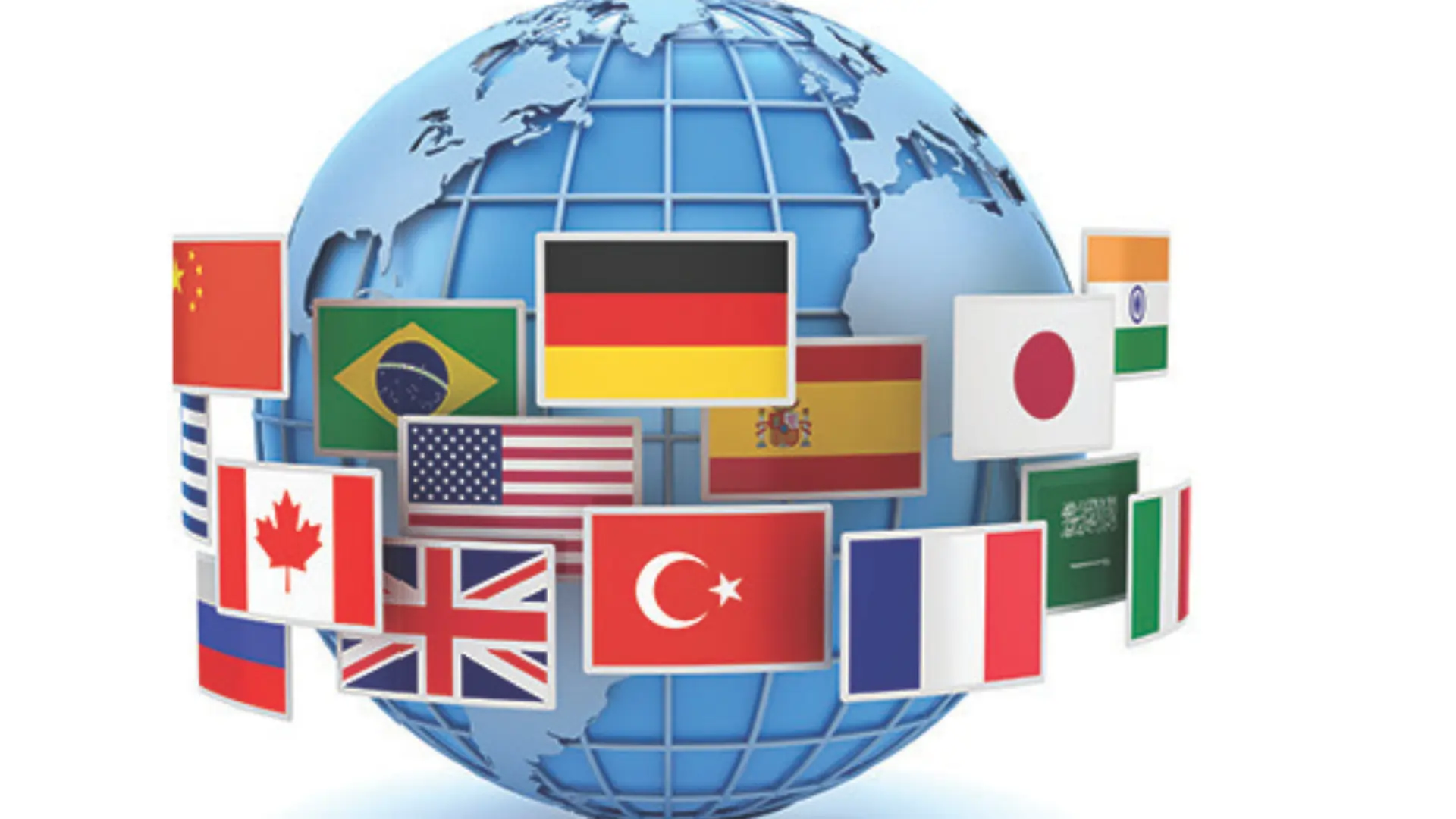
Impact of Geopolitical Events on Global Supply Chains
In our increasingly interconnected world, global supply chains have become intricate webs spanning continents and relying on delicate balances. However, these intricate systems are highly vulnerable to the unpredictable nature of geopolitical events. From trade wars to political instability and armed conflicts, these events can trigger cascading disruptions, impacting businesses and consumers worldwide.
The Fragility of Global Interdependence
Modern supply chains are built on the principles of efficiency and cost optimization, often relying on single-source suppliers and just-in-time inventory models. While these strategies can yield significant benefits, they also create vulnerabilities. Geopolitical events can expose these vulnerabilities, leading to:
- Trade Disruptions: Trade wars, tariffs, and sanctions can restrict the flow of goods and materials, leading to shortages, price increases, and production delays.
- Political Instability: Political unrest, regime changes, and social unrest can disrupt manufacturing operations, transportation routes, and access to raw materials.
- Armed Conflicts: Wars and armed conflicts can cause widespread damage to infrastructure, disrupt supply routes, and create humanitarian crises, severely impacting supply chain operations.
- Cyberattacks: Geopolitical tensions can lead to increased cyberattacks targeting critical infrastructure and supply chain systems, disrupting operations and stealing sensitive data.
- Resource Nationalism: Countries may restrict access to critical resources, such as minerals and energy, to exert political influence, leading to supply shortages and price volatility.
Case Studies and Real-World Examples
Recent events have highlighted the profound impact of geopolitics on supply chains:
- The Russia-Ukraine Conflict: This conflict has disrupted energy supplies, caused shortages of raw materials, and impacted transportation routes, affecting industries across the globe.
- US-China Trade Tensions: Trade disputes between the US and China have led to tariffs and restrictions, forcing businesses to re-evaluate their sourcing strategies and diversify their supply chains.
- Brexit: The UK’s departure from the European Union has created trade barriers and logistical challenges, impacting businesses that rely on cross-border trade.
- Taiwan Strait Tensions: Any conflict in the Taiwan Strait would have a devastating effect on the global semiconductor industry, and many other industries that rely on the electronic components produced in Taiwan.
Building Resilience and Mitigating Risks
To navigate the uncertainties of the geopolitical landscape, businesses must prioritize resilience and develop robust risk mitigation strategies:
- Diversification of Suppliers: Reducing reliance on single-source suppliers and diversifying sourcing across multiple regions can mitigate the impact of disruptions.
- Nearshoring and Reshoring: Bringing production closer to end markets can shorten lead times and reduce reliance on long-distance shipping.
- Inventory Buffers: Maintaining strategic inventory buffers of critical components and finished goods can mitigate the impact of sudden disruptions.
- Supply Chain Visibility: Investing in technology to enhance supply chain visibility can enable businesses to track the movement of goods and identify potential risks.
- Risk Management and Scenario Planning: Developing contingency plans and conducting scenario planning can help businesses prepare for potential disruptions.
- Strengthening Relationships with Suppliers: Building strong relationships with suppliers can enhance communication and collaboration, facilitating faster responses to disruptions.
- Monitoring Geopolitical Developments: Staying informed about geopolitical events and trends can help businesses anticipate potential risks and take proactive measures.
The Future of Global Supply Chains
The increasing frequency and intensity of geopolitical events are likely to reshape global supply chains in the years to come. Businesses will need to embrace a more agile and resilient approach, prioritizing diversification, visibility, and risk management. The future of global supply chains will depend on the ability of businesses to adapt to the changing geopolitical landscape and build more robust and sustainable systems.





1 thought on “The Impact of Geopolitical Events on Global Supply Chains”